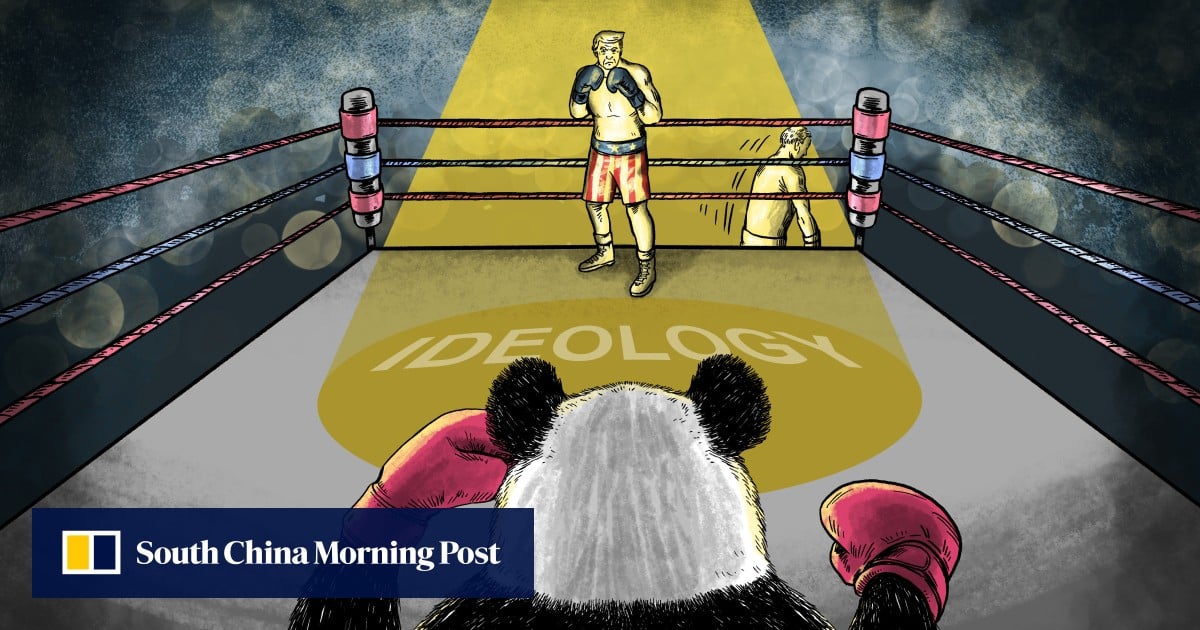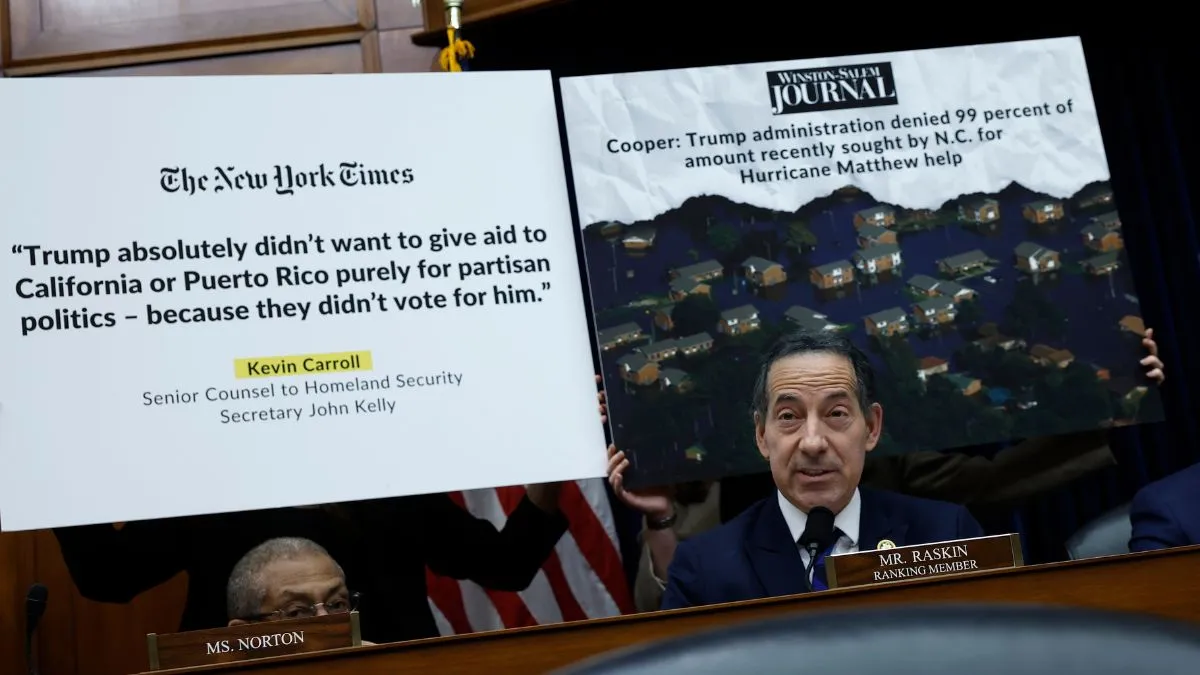British negotiators walked away from trade talks with Canada Thursday — a dramatic development that taps the brakes on a bilateral trade deal between the two Commonwealth nations that has been years in the making.
A major sticking point between the two sides remains how much tariff-free access U.K. producers should have to the Canadian cheese market.
After Brexit, an interim agreement kept tariff-free British cheese on Canadian shelves for three years. That more permissive regime expired at the end of last year.
Negotiators had been working on a longer-term bilateral trade deal to replace the liberalized trade the U.K. enjoyed under the terms of Canada’s Comprehensive Economic and Trade Agreement (CETA) with the European Union.
In the aftermath of the renegotiation of the former North American Free Trade Agreement, which saw changes to supply-managed sectors, Prime Minister Justin Trudeau promised dairy farmers that no more slices of Canada’s domestic market would be served up to exporters in future negotiations.
“We have always said we will only negotiate trade deals that deliver for the British people. And we reserve the right to pause negotiations with any country if progress is not being made,” a U.K. government spokesperson said in a statement to CBC News.
“We remain open to restarting talks with Canada in the future to build a stronger trading relationship that benefits businesses and consumers on both sides of the Atlantic.”
A statement from the UK Government on our decision to pause Free Trade Negotiations with Canada. <a href=”https://t.co/HnnFzc8mGs”>pic.twitter.com/HnnFzc8mGs</a>
—@SusannahGoshko
Trade Minister Mary Ng told reporters in Ottawa Thursday afternoon that she had reached out to her British counterpart, Kemi Badenoch, to express Canada’s disappointment at their decision to pause the talks.
“We are at the table. Frankly, I would say that we continue to be at the table,” she said. “We’re always going to look for the best deal for Canadians. It’s what we have always done. And this time is no different.”
“I’m very confident that we will be able to get back to the table and I would encourage my colleagues in the United Kingdom to get back to the table, because negotiating is how we get a deal.”
Minister of Export Promotion, International Trade and Economic Development Mary Ng says she’s ‘very confident’ the two sides will get back to the table.
Dairy farmers want to keep their supply-managed and heavily protected sector out of this deal.
Instead, representatives from the Dairy Farmers of Canada have argued the U.K. should be negotiating with the EU to recover its share (15 per cent, based on British population) of the market access Canada handed over to foreign competitors under CETA.
“How is this the Canadian government’s problem to solve?” wrote Jacques Lefebvre, DFC’s CEO, in an email to CBC News.
The Canadian Cattle Association said it was “disappointed but not surprised” by the U.K.’s decision.
“The Canadian beef industry is a strong advocate of free and open trade. To avoid getting a bad trade deal for Canadians, we need trade partners that want to trade fairly and not use rules and regulations to their own advantage,” president Nathan Phinney said in a statement.
Agriculture Minister Lawrence MacAulay told reporters Canada wouldn’t agree to a deal that wasn’t good for Canadian farmers.
“Supply management is not on the table,” he said, adding that the ministers would rather officials be talking at the negotiating table about these issues instead of talking to the media.
The ministers said the dairy sector is not holding up a British deal. “There’s a number of issues at the table,” MacAulay said.
Automotive negotiations also stalled
Talks are also faltering on drafting new rules for automotive trade between the two countries.
European and Canadian-assembled automobiles enjoy preferential access to each other’s consumer markets under the CETA that’s been in place with the European Union since 2017. The EU deal lays out “rules of origin” that determine what constitutes a European automotive export for the purposes of lowering tariffs into Canada.

Since the United Kingdom is no longer part of the European Union, those rules expire on March 1. Exports from the now-independent British automotive industry are set to lose their preferential access to the Canadian market.
Automotive trade in and out of Canada is subject to a tangled web of trade agreements, each with different rules: CETA for the EU, the revised North American trade agreement for the U.S. and Mexico (known as CUSMA), the Comprehensive and Progressive agreement for Trans-Pacific Partnership that liberalized automotive trade with Japan, and Canada’s bilateral trade agreement with South Korea.
British vehicles risk landing outside these competitive, tariff-free supply chains if the two sides can’t find a way forward.
Riskier for U.K. than for Canada?
Failure to reach a deal with Canada before these cheese and automotive deadlines pass could hurt British exports. From Canada’s strategic perspective, there’s less immediate economic urgency to reach a deal.
In fact, holding out responds to a key demand from Canadian livestock producers, who have urged the Canadian government not to agree to any new trade deal with the United Kingdom until food inspection standards are harmonized to recognize Canadian food safety rules as equivalent to British rules.
A specific quantity of Canadian beef and pork exports was supposed to gain access to the European and British markets when CETA took effect, but imports have been held to practically zero because Canadian standards aren’t recognized as compliant.
Ng told reporters that this friction in the bilateral talks with the U.K. is a issue separate from Canada’s ratification process for the British to join the CPTPP. The final terms and text for that accession were agreed to in the summer, but each current party to that trade agreement must complete its own ratification process. In Canada, that requires a parliamentary consultation process at committee and the passage of implementation legislation before cabinet ratifies the expanded treaty.
Ng said that at the moment, the government is focused on ratification of the revised Canada-Ukraine trade agreement — that bill has yet to clear Parliament.
In the absence of the bespoke bilateral agreement these negotiations were trying to land, Canada’s current trade continuity agreement with the United Kingdom will stand indefinitely to keep tariffs off other products shipping between the two countries. But this “CETA rollover” deal was intended to be only a transitional arrangement until something more comprehensive could be worked out.
Negotiators have completed eight rounds of talks since 2022 and were scheduled to meet next month in the U.K. Those meetings now will not proceed.
The United Kingdom is Canada’s third-largest trading partner, worth over $46 billion in two-way goods and services trade in 2022.






